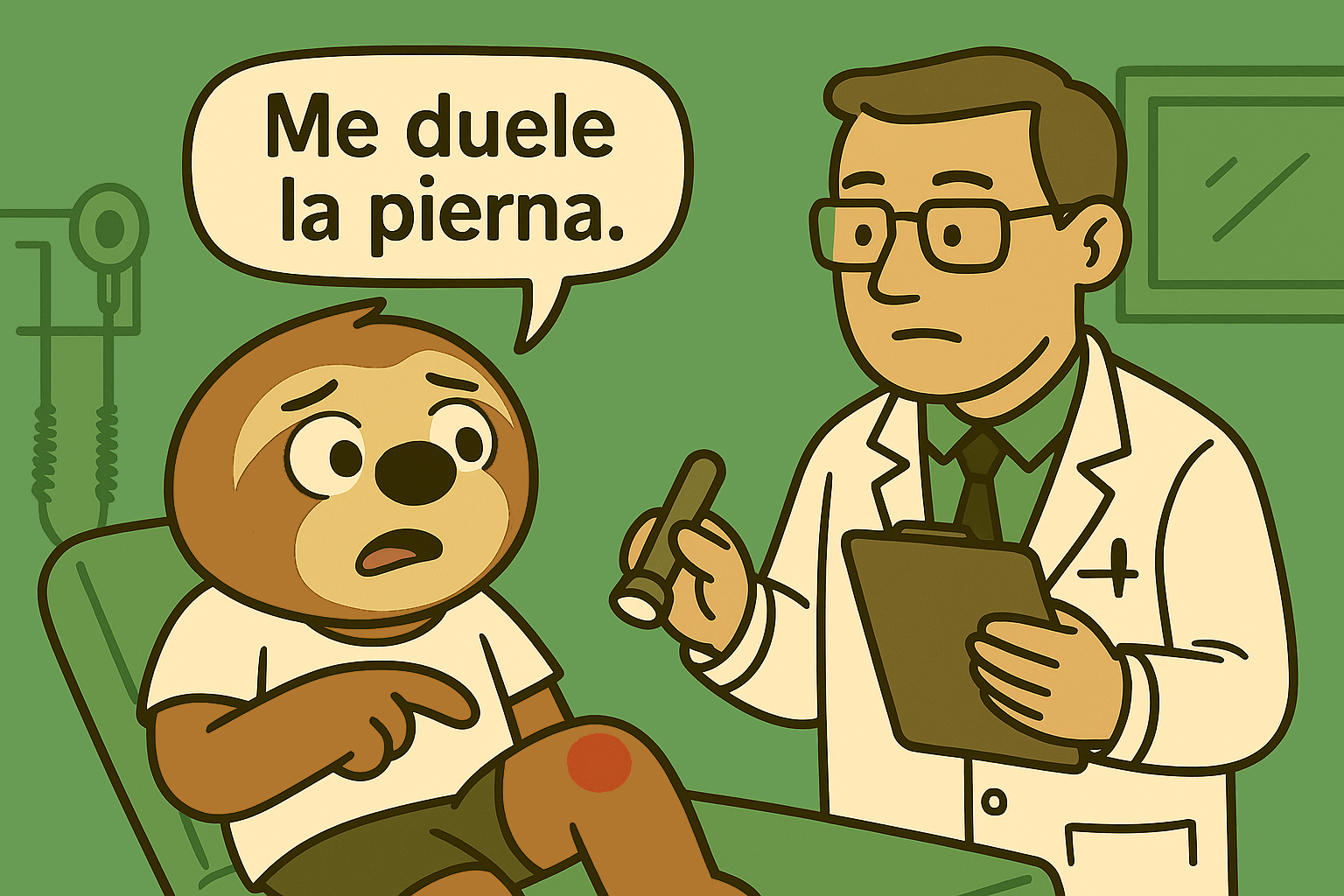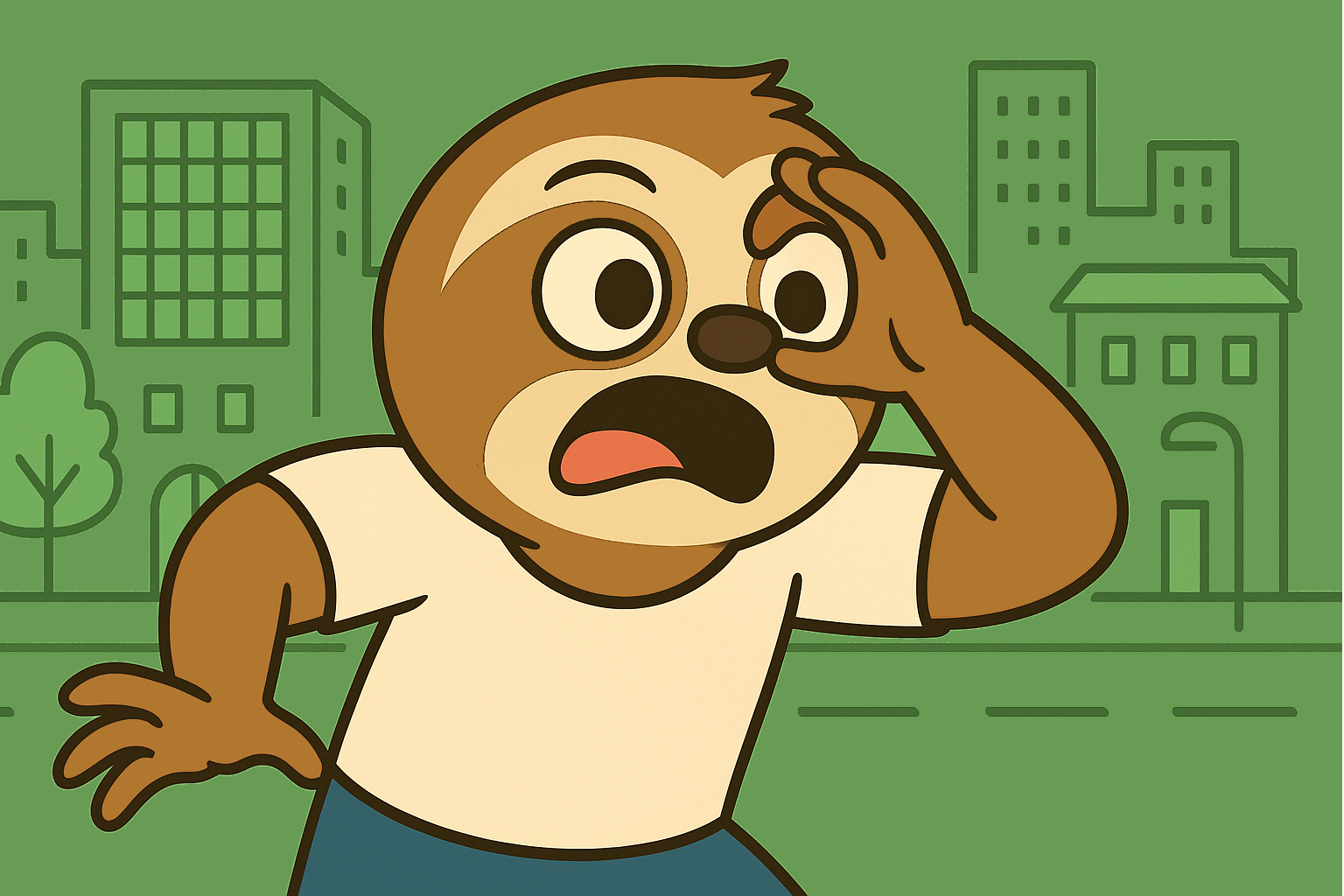A1 🌱 Principiante
Verbo Haber - Hay / No Hay
Aprende a usar "hay" y "no hay" para describir lo que existe
⏱️ Duración: 45 minutos
📚 ¿Qué es "hay"? - What is "hay"?
En español usamos "hay" para decir que algo existe o está presente.
In Spanish we use "hay" to say that something exists or is present.
En inglés, "hay" = "there is" / "there are"
- Hay → There is / There are (affirmative)
- No hay → There isn't / There aren't (negative)
- ¿Hay...? → Is there...? / Are there...? (question)
💡 Importante - Important
💡 Important
El verbo "hay" NO cambia. Siempre es "hay" (singular o plural).
The verb "hay" does NOT change. It's always "hay" (singular or plural).
✅ Ejemplos - Examples
Hay una mesa
There is a table
Hay dos sillas
There are two chairs
No hay ventanas
There are no windows
¿Hay una cama?
Is there a bed?
🏠 ¿Qué hay en el cuarto? - What's in the room?
Haz clic en los objetos para aprender el vocabulario
Click on the objects to learn the vocabulary
🪑
🪑
🪑
🛏️
🪟
🚪
💡
💻
🖼️
📚
Vocabulario
🪑
mesa
table
femenino
1
Muy Fácil
Completa las frases con "hay" o "no hay"
Complete the sentences with "hay" or "no hay"
Observa el cuarto y completa las frases.
Look at the room and complete the sentences.
2
Fácil
Escribe 3 frases sobre el cuarto
Write 3 sentences about the room
Usa "hay" para describir lo que ves en el cuarto. Ejemplo: "Hay una mesa"
Use "hay" to describe what you see in the room. Example: "Hay una mesa"
3
Básico
Responde las preguntas
Answer the questions
Responde con "Sí, hay..." o "No, no hay..."
Answer with "Sí, hay..." or "No, no hay..."



